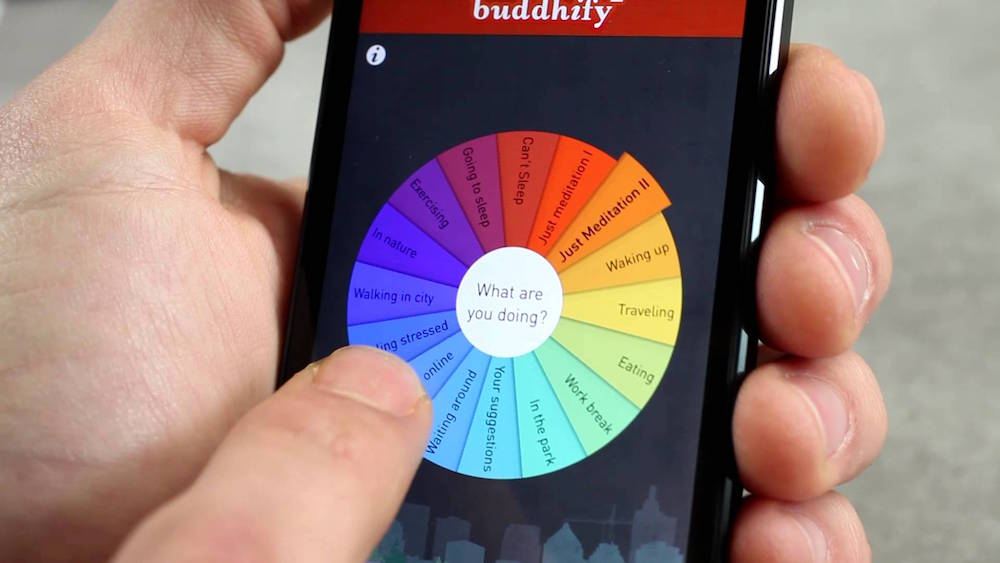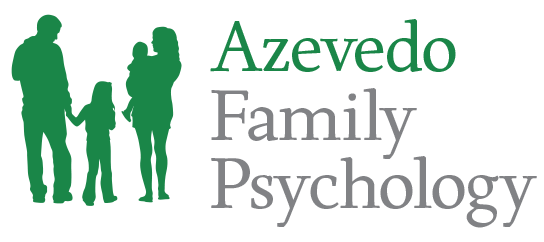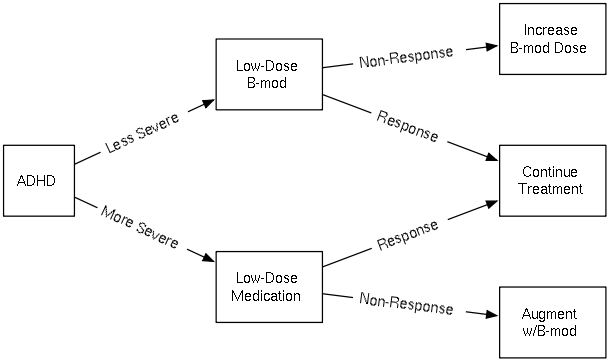When is Discernment Counseling a Good Idea?
January 26, 2016
Getting Started With Meditation
March 8, 2016Attention-deficit hyperactivity disorder, or ADHD, is one of the most common forms of mental illness. It affects approximately 6-7% of children. Some adults can learn to cope with the disease, but for others their childhood symptoms can be a permanent obstacle.
It is surprising then that despite its prevalence, ADHD is also very misunderstood. Here are some answers to common questions and misconceptions about the disorder.
ADHD Isn’t a Real Thing
When people are physically ill, you can tell. They cough, sneeze, and hunch over. Their skin may be pale, their noses runny and energy low. However, sometimes a person may cough when they are not sick, or sneeze when they have no cold, or feel tired after a long day.
So it is with ADHD. We may exhibit forgetfulness or hyperactivity sometimes, but we do not exhibit it in the chronic way of someone with ADHD. Therefore, it can be tempting to brush them off as just like you, but with less motivation to change themselves.
Truthfully, ADHD can be measured and observed like a physical illness. In fact, scholarly research has shown that it can be linked to neurotransmitter pathways in the brain. This is why ADHD medication works – it stimulates activity in those areas.
ADHD Only Occurs in Kids
The correct way to phrase this would be “ADHD is most often observed” in children. This is primarily because childhood ADHD exhibits much more hyperactivity than the adult variety. As we mentioned earlier, mental illness is often misunderstood because it is invisible to the naked eye. The hard-to-ignore symptoms of hyperactivity can be annoying and obvious.
In adults, ADHD manifests more in the “attention” section. Here adults may have trouble remembering things at work, focusing on a task, or paying attention during conversations. In children these are noticeable too, but they’re also more expected and tolerated than in adults.
Everyone Has a Little ADHD
This myth really just comes down to language. Have you ever heard the expression “I am so OCD about something?” People say this who don’t even have OCD! However, they see themselves exhibiting the trait of a stereotype and use a legitimate mental illness as a colloquialism.
Everyone can be sad sometimes, but not everyone is depressed. Everyone gets mad, but not everyone has Intermittent Explosive Disorder. Likewise, everyone can be inattentive, but not everyone has ADHD. When these symptoms are chronic, persistent and actively hurt someone’s quality of life, then they may actually have ADHD.



